10 Must-Know Japanese Holidays for Travelers and Culture Enthusiasts
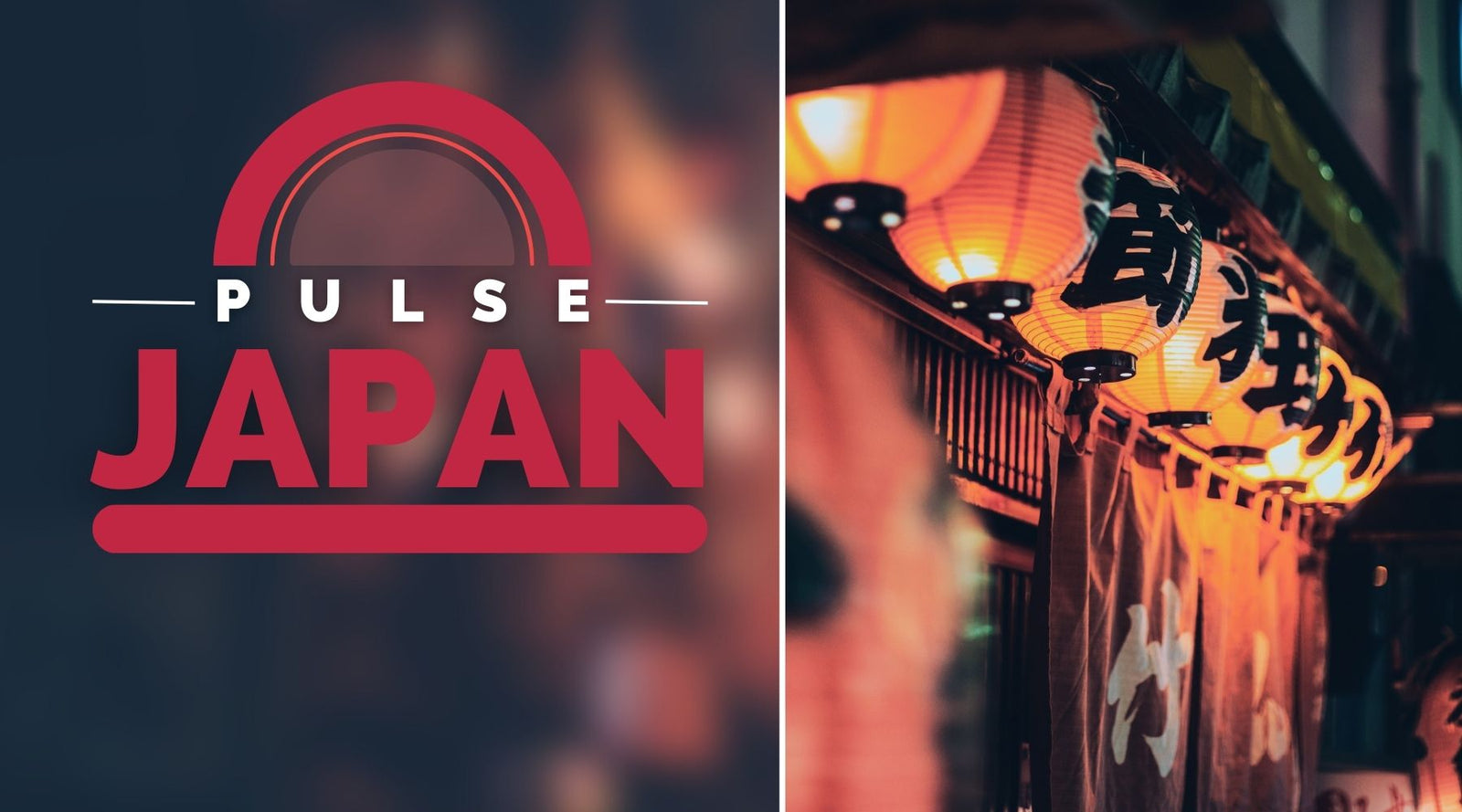
Welcome to a journey through the calendar of Japan. In this article, we'll explore the most significant holidays and celebrations in the Land of the Rising Sun. From the New Year's festivities to the revered Coming of Age Day, and the cultural significance of cherry blossoms to the unique way Christmas is celebrated in Japan, these holidays offer a fascinating insight into Japanese culture and tradition. Whether you're planning a trip or simply interested in learning more about Japanese culture, knowing these 10 must-know Japanese holidays will enrich your understanding of this beautiful country.
Introduction
Overview of Japanese holidays and their significance
Japan's customs, traditions, and holidays are deeply rooted in its history and culture. The country's national holidays are not just days off work; they are occasions for reflection, celebration, and appreciation for nature, family, and life itself. The holidays range from joyous festivals to solemn observances, each with its own unique customs and rituals. They provide a rhythmic ebb and flow to the year and serve as a reminder of Japan's historical events, cultural values, and spiritual beliefs.
Holiday #1: New Year's Day (Shogatsu)
Explanation of the traditions and customs associated with New Year's Day in Japan
New Year's Day, or 'Shogatsu', is the most important holiday in Japan. It is a time for families to come together, pay their respects at local shrines, and hope for good fortune in the coming year. Starting from January 1 and often extending until January 3, many businesses close down entirely to allow everyone to celebrate. Traditional foods like 'mochi' (rice cakes) and 'osechi-ryori' (New Year's Bento) are enjoyed, and homes are adorned with decorations like 'kadomatsu' (pine decorations) and 'shimekazari' (woven straw decorations) to welcome good luck. A unique aspect of this celebration is 'Hatsumode', the first shrine visit of the year, where people pray for happiness and health for their families.
Holiday #2: Coming of Age Day (Seijin no Hi)
Explanation of the celebration of young people reaching adulthood in Japan
Coming of Age Day, known as 'Seijin no Hi', is a public holiday held on the second Monday of January. It celebrates young people who have reached the age of 20 - the legal age of adulthood in Japan - in the past year. This is a significant milestone in a young person's life, and it's marked by ceremonies ('seijin-shiki') at local city offices, followed by parties among family and friends. Young women traditionally wear a long-sleeved kimono known as 'furisode', while men often wear a traditional 'hakama' or modern suits. The day serves to both congratulate and encourage those who have become adults and remind them of their responsibilities as members of society.
Holiday #3: Foundation Day (Kenkoku Kinen no Hi)
Explanation of the national holiday that celebrates the founding of Japan
On February 11th, Japan celebrates National Foundation Day, or 'Kenkoku Kinen no Hi'. This holiday commemorates the foundation of Japan and the ascension of its first emperor, Emperor Jinmu, in 660 BC. Although there are no specific customs associated with this day, it's an opportunity for many Japanese to reflect on their country's history and identity. Many people celebrate the day quietly with family, though some attend public ceremonies, featuring performances and parades, particularly in cities like Tokyo and Nara.
Holiday #4: Cherry Blossom Festival (Hanami)
Explanation of the cultural significance of cherry blossoms and the annual festival
Spring in Japan is synonymous with the bloom of cherry blossoms, or 'sakura', a symbol of the ephemeral beauty of life. The nationwide event of viewing these blossoms is known as 'Hanami'. The exact dates vary each year and region but typically occur from late March to early May. Families, friends, and colleagues gather under blooming cherry trees for picnics and parties, appreciating the fleeting beauty of the flowers. In some regions, lanterns are hung in the trees for yozakura, or nighttime cherry blossom viewing, adding a magical touch to the experience.
Holiday #5: Golden Week (Ogon Shukan)
Explanation of the week-long holiday period that includes several national holidays
Golden Week, or 'Ogon Shukan', is one of the busiest holiday seasons in Japan. It consists of four national holidays within seven days, starting with Showa Day on April 29th, followed by Constitution Memorial Day, Greenery Day, and Children's Day. During this week, many Japanese take consecutive holidays, and travel activity across the country peaks. Festivals, concerts, and other special events are also held throughout the week, making it a vibrant and exciting period for visitors.
Holiday #6: Tanabata Festival
Explanation of the traditional festival that celebrates the meeting of two star-crossed lovers
The Tanabata Festival, also known as the Star Festival, is celebrated on July 7th. It originates from a Chinese legend of two star-crossed lovers, Vega and Altair, who are separated by the Milky Way and allowed to meet only once a year on this day. People celebrate Tanabata by writing wishes on small pieces of paper known as 'tanzaku' and hanging them on bamboo trees along with other colorful decorations. Large-scale Tanabatafestivals featuring vibrant parades and fireworks displays are held in various regions across Japan, with the Sendai Tanabata Festival being one of the most famous.
Holiday #7: Obon Festival
Explanation of the Buddhist festival that honors the spirits of ancestors
The Obon Festival is a significant Buddhist event held in mid-August to honor the spirits of one's ancestors. It's a time for families to come together and pay their respects to those who have passed on. Rituals vary by region but often include visiting family graves, cleaning tombstones, and offering food and incense. At night, lanterns are lit and placed into rivers or seas to guide the spirits back to the other world. Dancing ('Bon Odori') also plays a large part in the celebrations, with local communities gathering to perform traditional dances while dressed in summer kimonos.
Holiday #8: Halloween (Harowin)
Explanation of how Halloween has gained popularity in Japan and its unique celebrations
While not a traditional Japanese holiday, Halloween has become increasingly popular in Japan in recent years. Known as 'Harowin', it's celebrated with lively street parties, particularly in Tokyo's Shibuya and Roppongi districts. Unlike in Western countries where the focus is on trick-or-treating and scary costumes, Japanese Halloween is more about creative and cute outfits. Many shops and restaurants also get into the spirit, offering special Halloween-themed merchandise and menu items.
Holiday #9: Christmas (Kurisumasu)
Explanation of how Christmas is celebrated in Japan, including the tradition of eating KFC
In Japan, Christmas is more of a commercial and secular holiday rather than a religious celebration, as only a small percentage of the population is Christian. Known as 'Kurisumasu', it's seen as a time to spread happiness and romance rather than a family holiday. A unique Japanese Christmas tradition is eating Kentucky Fried Chicken, thanks to a successful marketing campaign in the 1970s. In fact, orders for KFC are placed months in advance! Another popular tradition is eating Christmas cake, typically a sponge cake decorated with whipped cream and strawberries.
Holiday #10: New Year's Eve (Omisoka)
Explanation of the customs and traditions associated with New Year's Eve in Japan
New Year's Eve, known as 'Omisoka', is an important time in Japan. It's traditionally a time to cleanse oneself of the impurities and misfortunes of the past year and prepare for the New Year. Many people spend the day cleaning their homes and preparing 'osechi ryori', special dishes to be eaten during the New Year celebrations. As midnight approaches, temples and shrines ring their bells 108 times in a practice called 'Joya no Kane', symbolizing the overcoming of 108 earthly desires according to Buddhist beliefs.
Conclusion
Summary of the 10 must-know Japanese holidays and their cultural significance
Japan's rich tapestry of traditions and customs is beautifully reflected in its holidays. Each celebration offers a unique glimpse into the country's culture, values, and history. Whether you're feasting on New Year's delicacies, admiring cherry blossoms, participating in the colorful Tanabata festival, or hearing the ringing of temple bells on New Year's Eve, these experiences will leave you with a deeper appreciation of Japan's cultural heritage. So, whether you're planning to visit Japan or just interested in its culture, remembering these holidays will undoubtedly enrich your experience and understanding of this fascinating country.










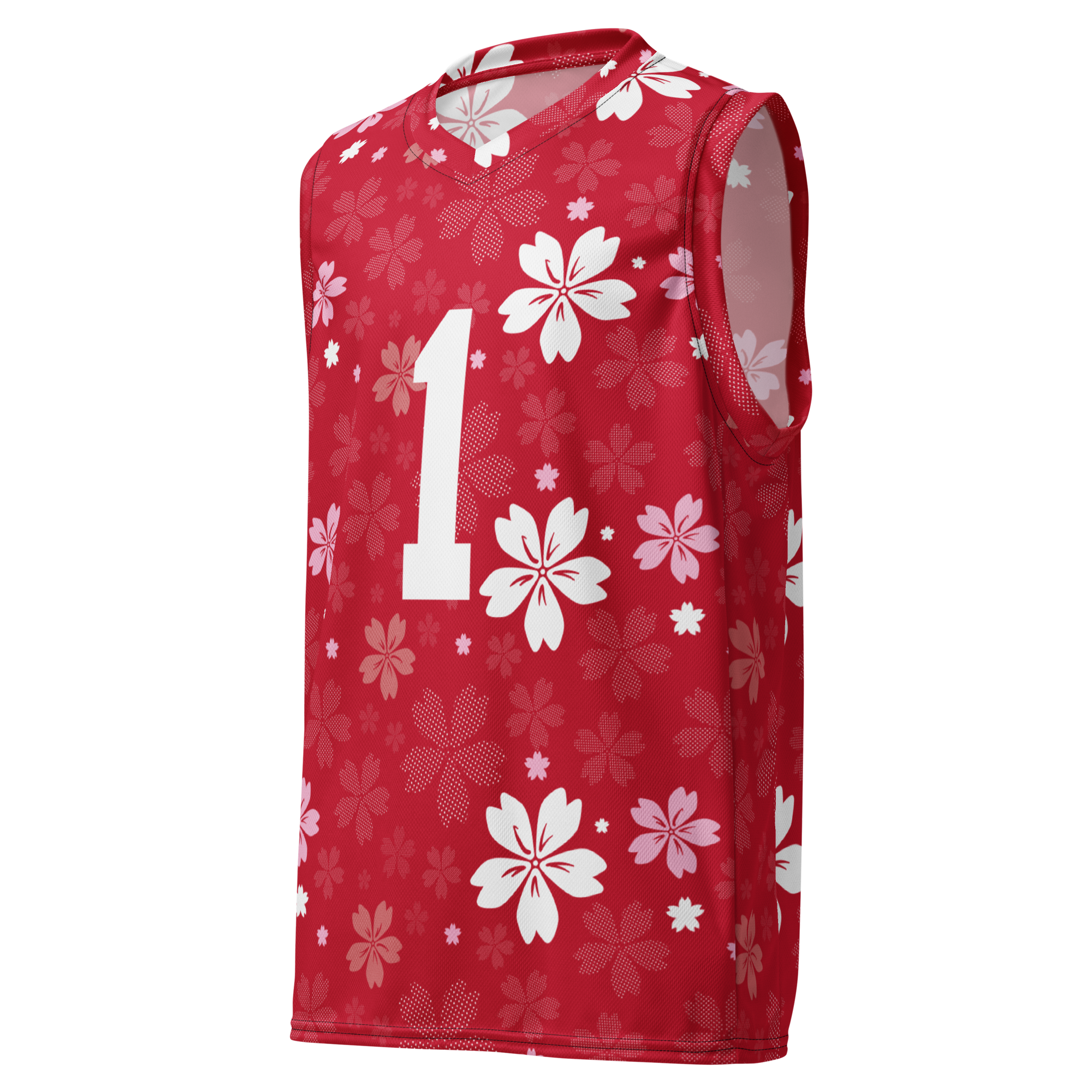
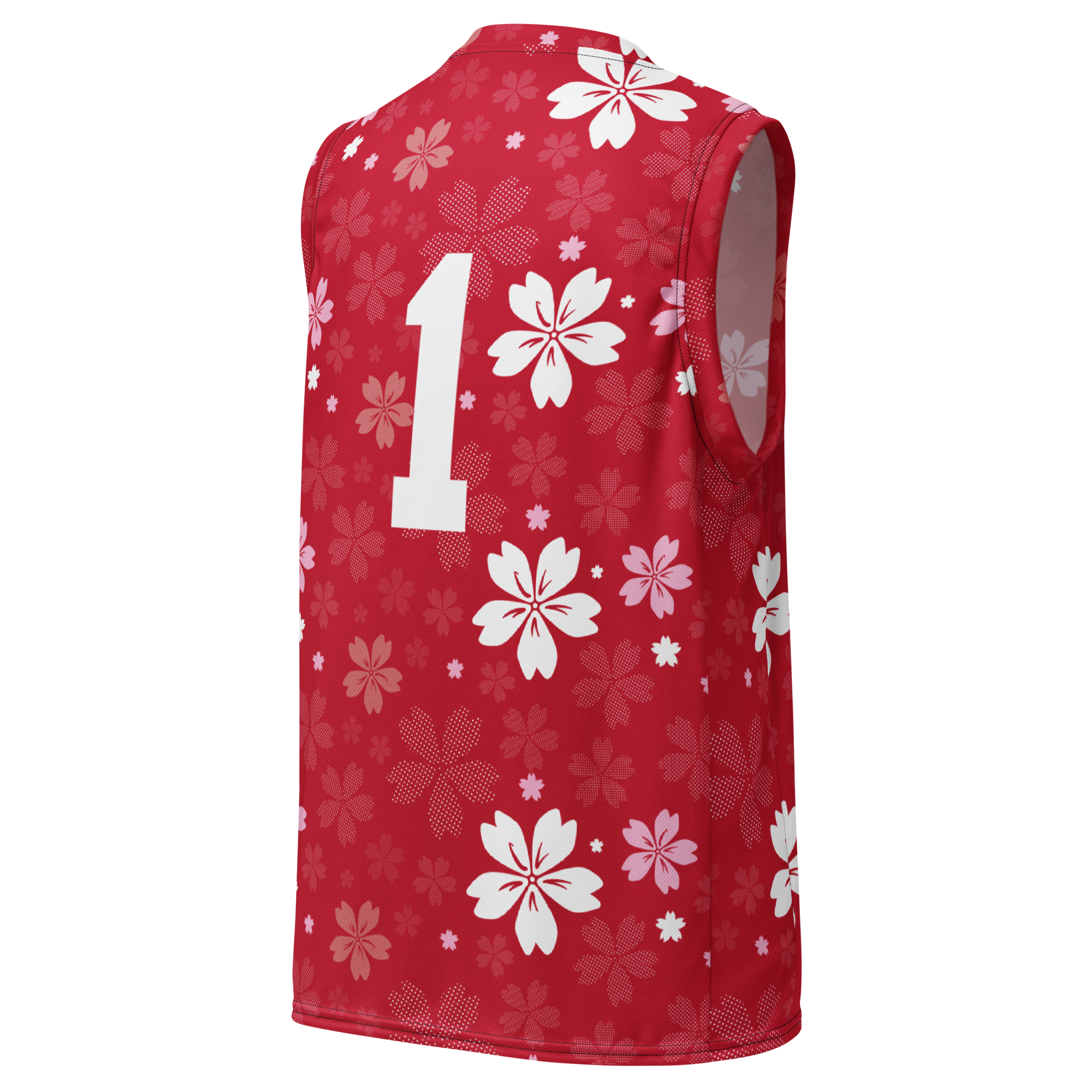
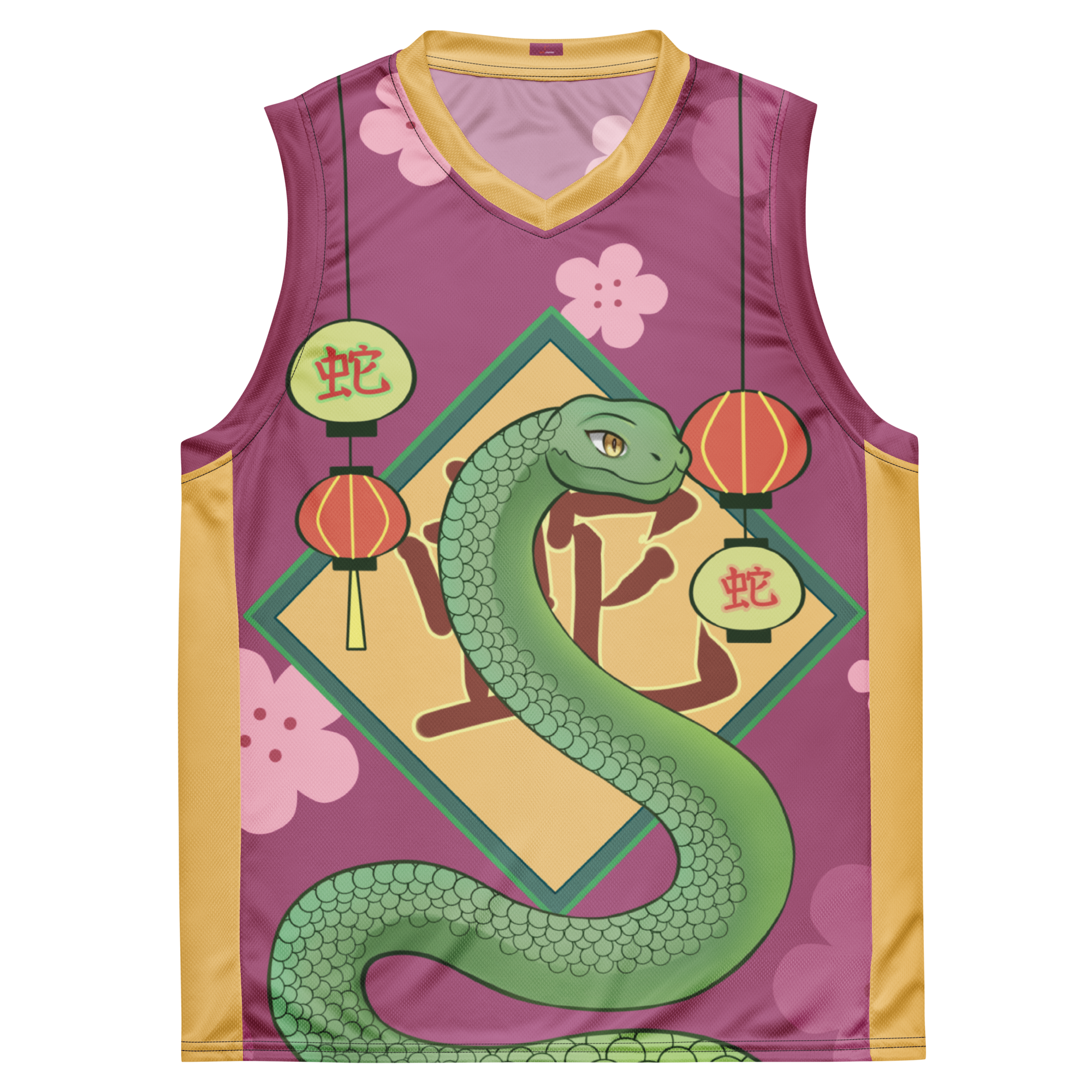
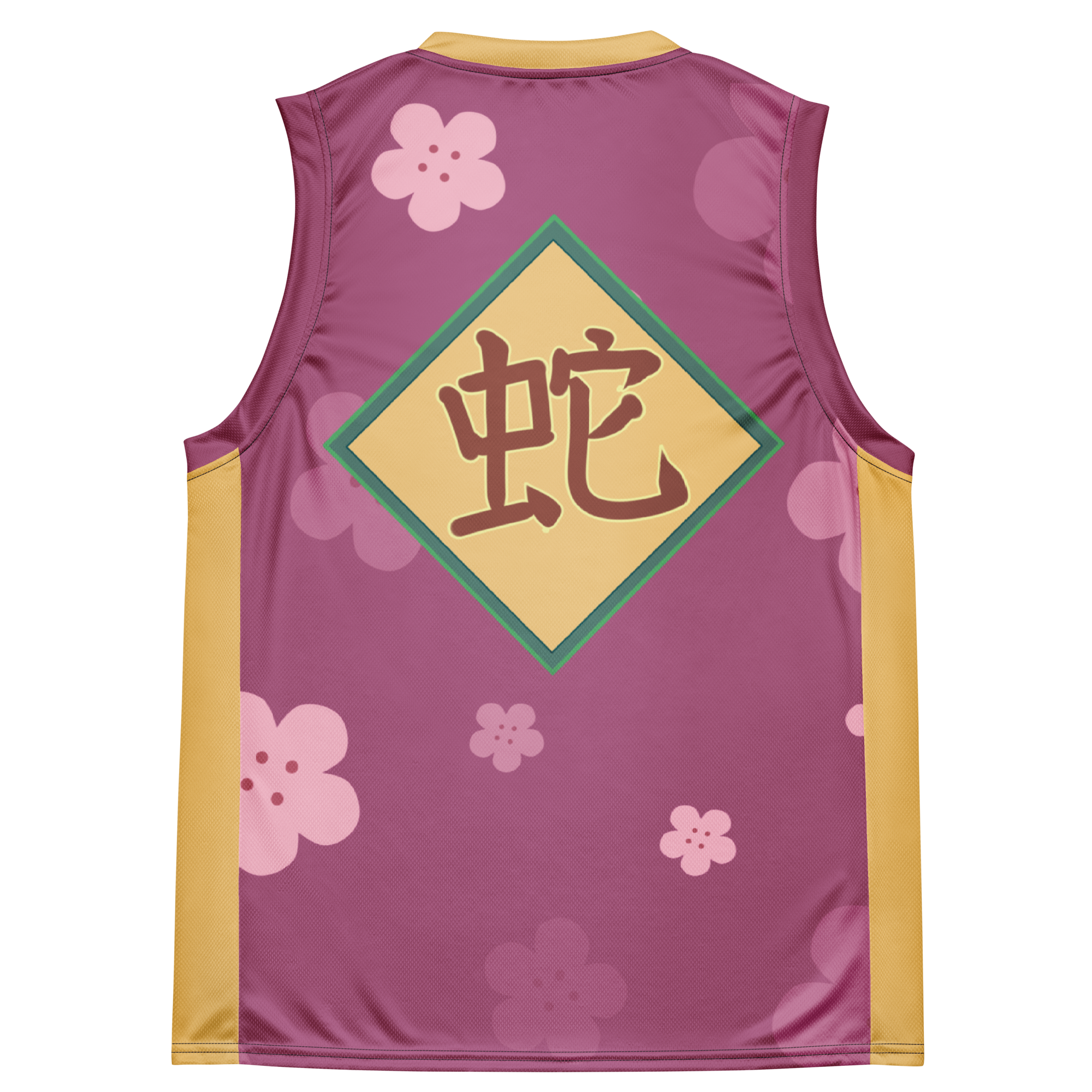
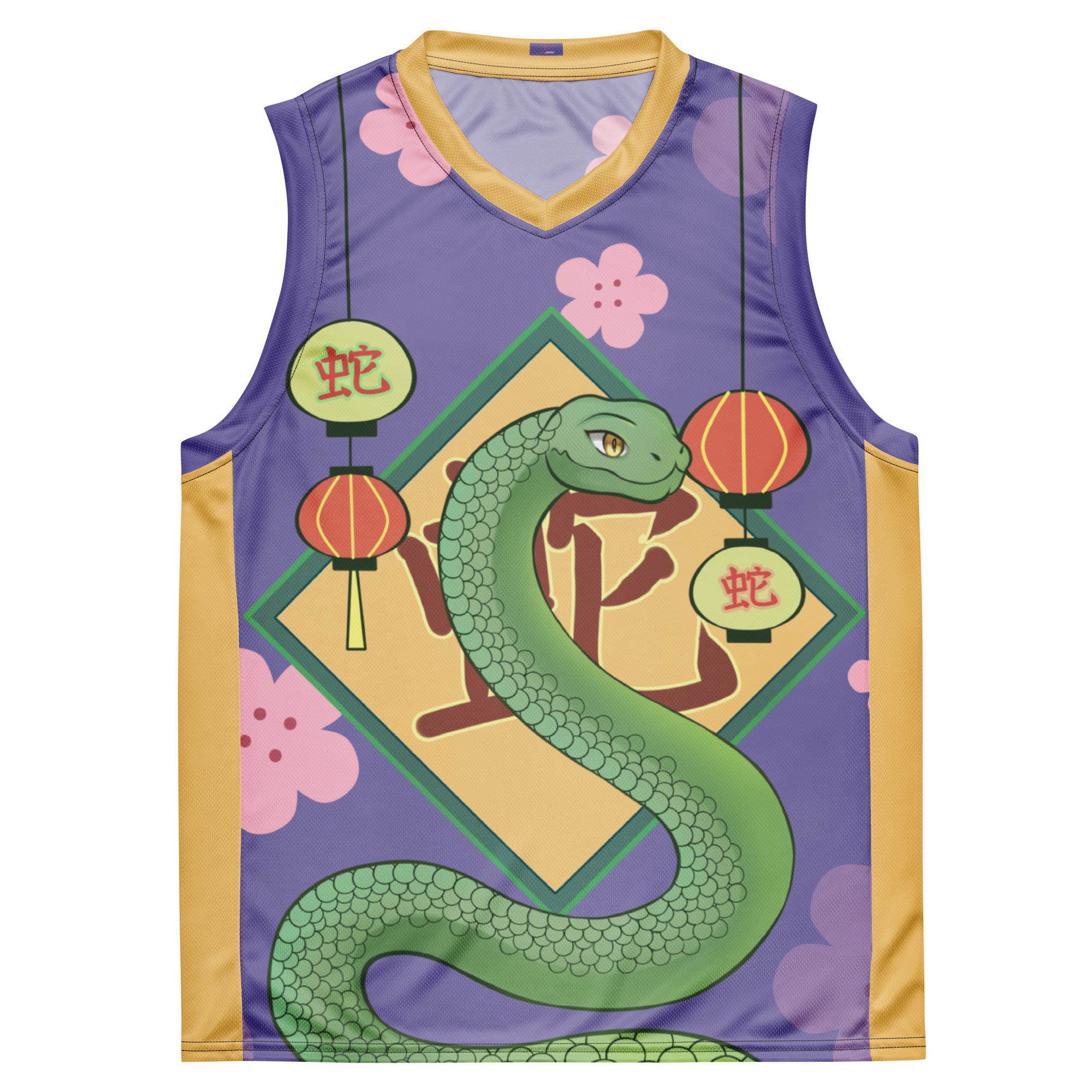
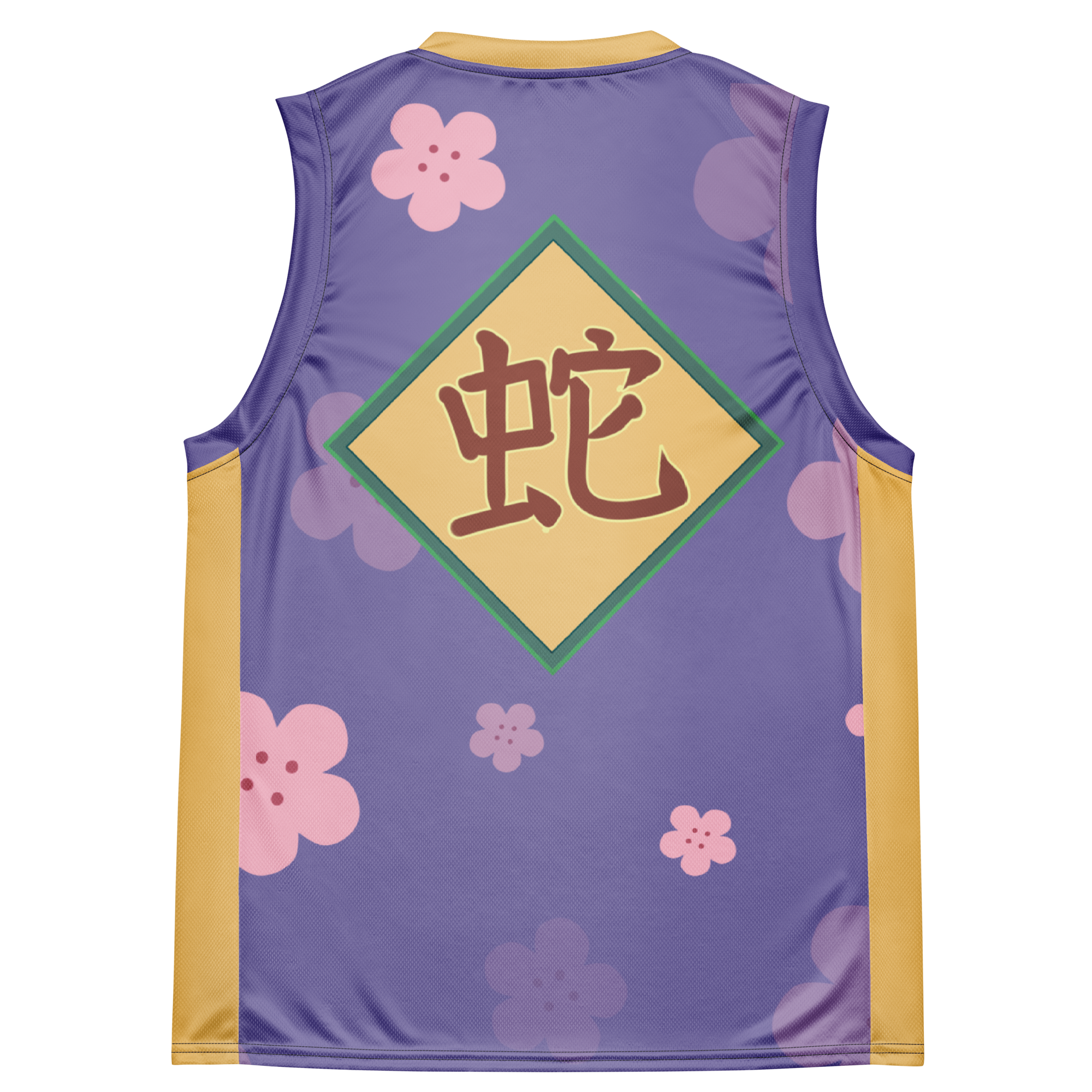
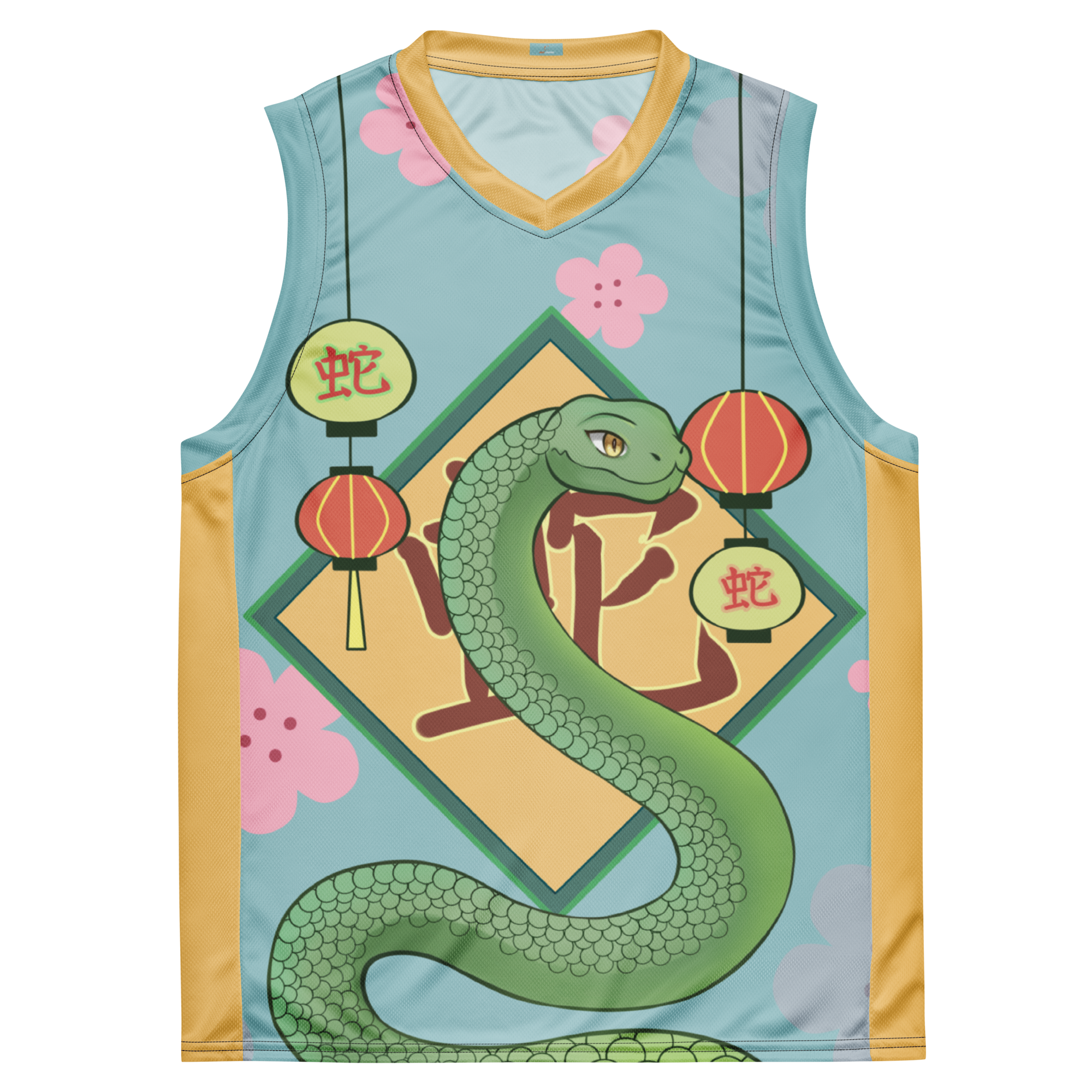
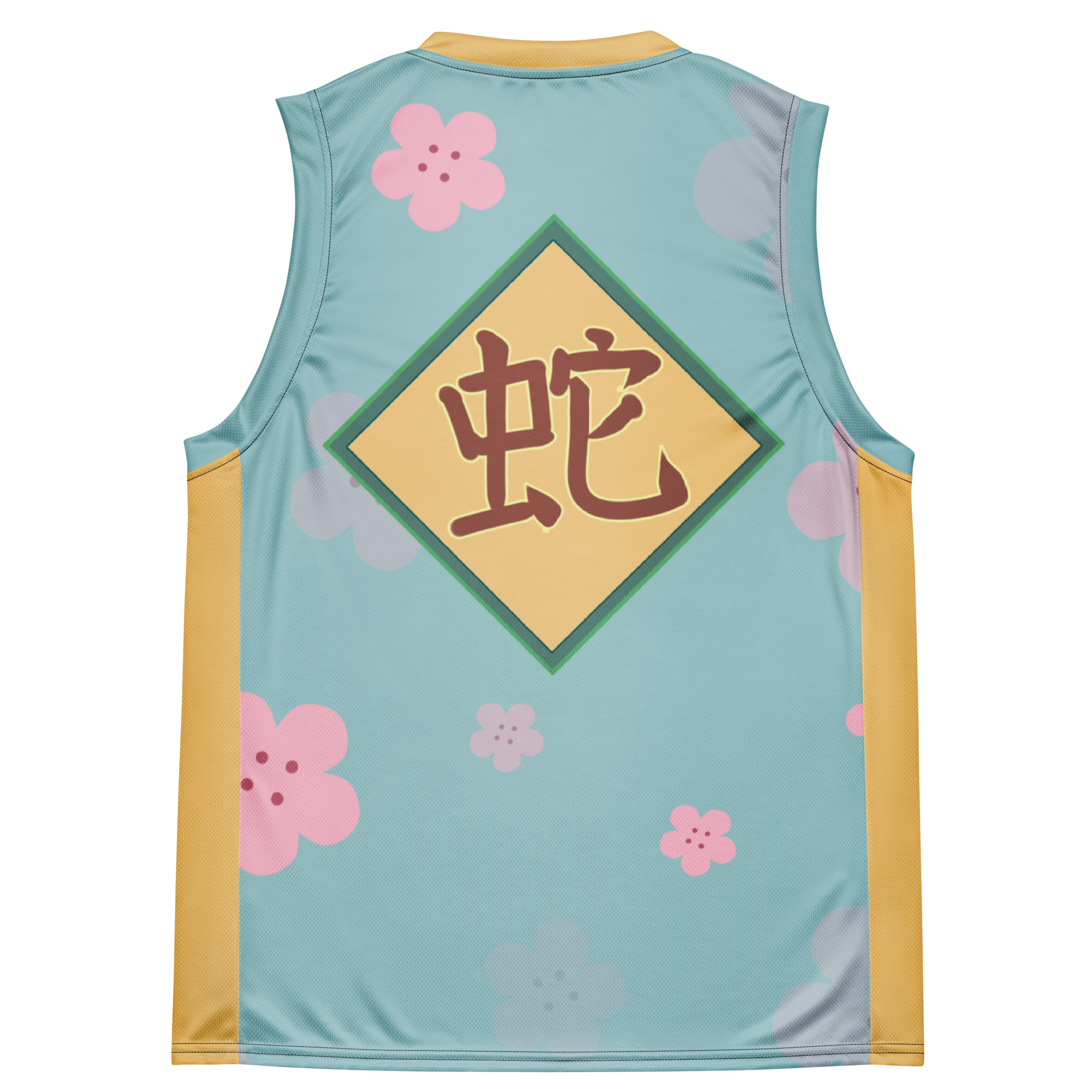
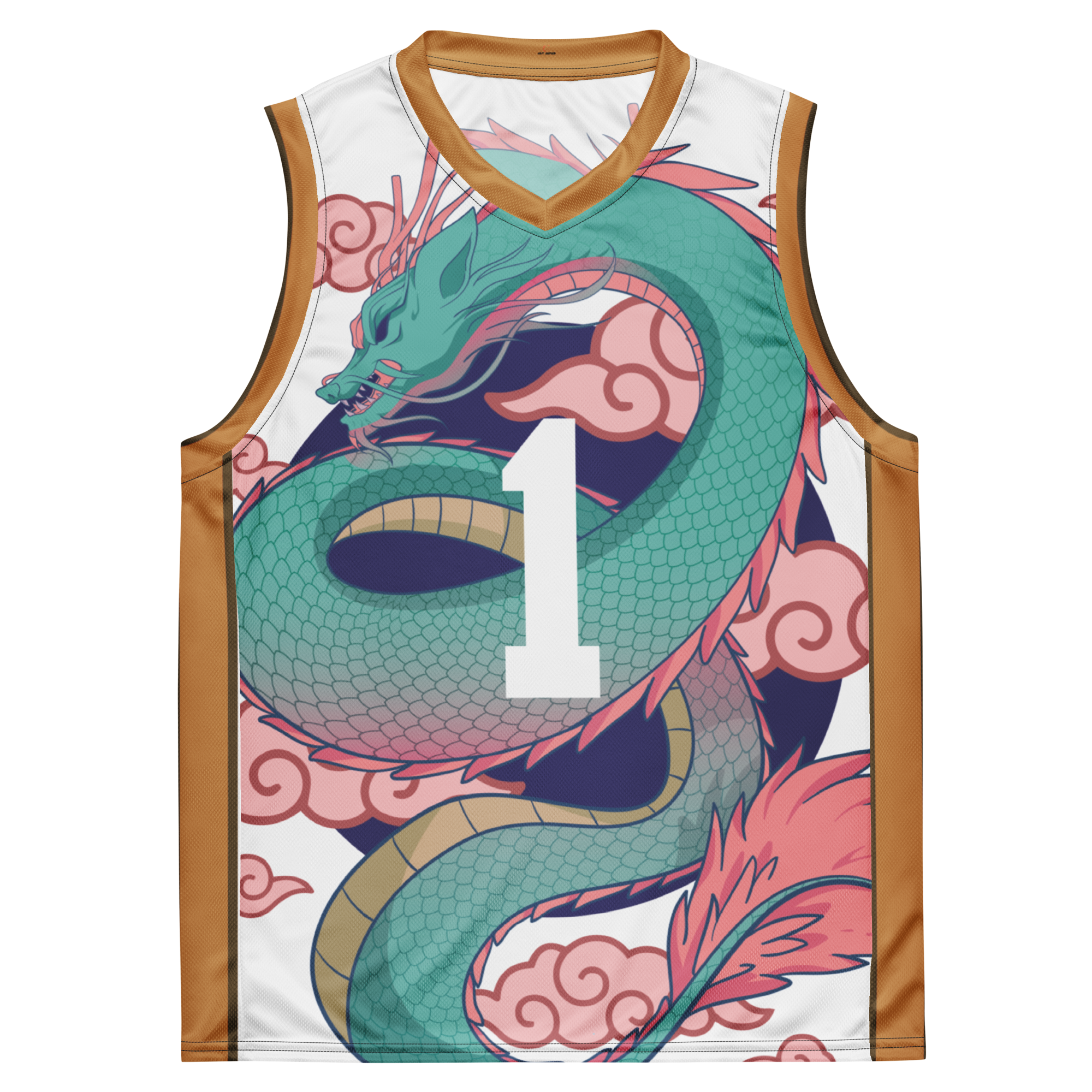

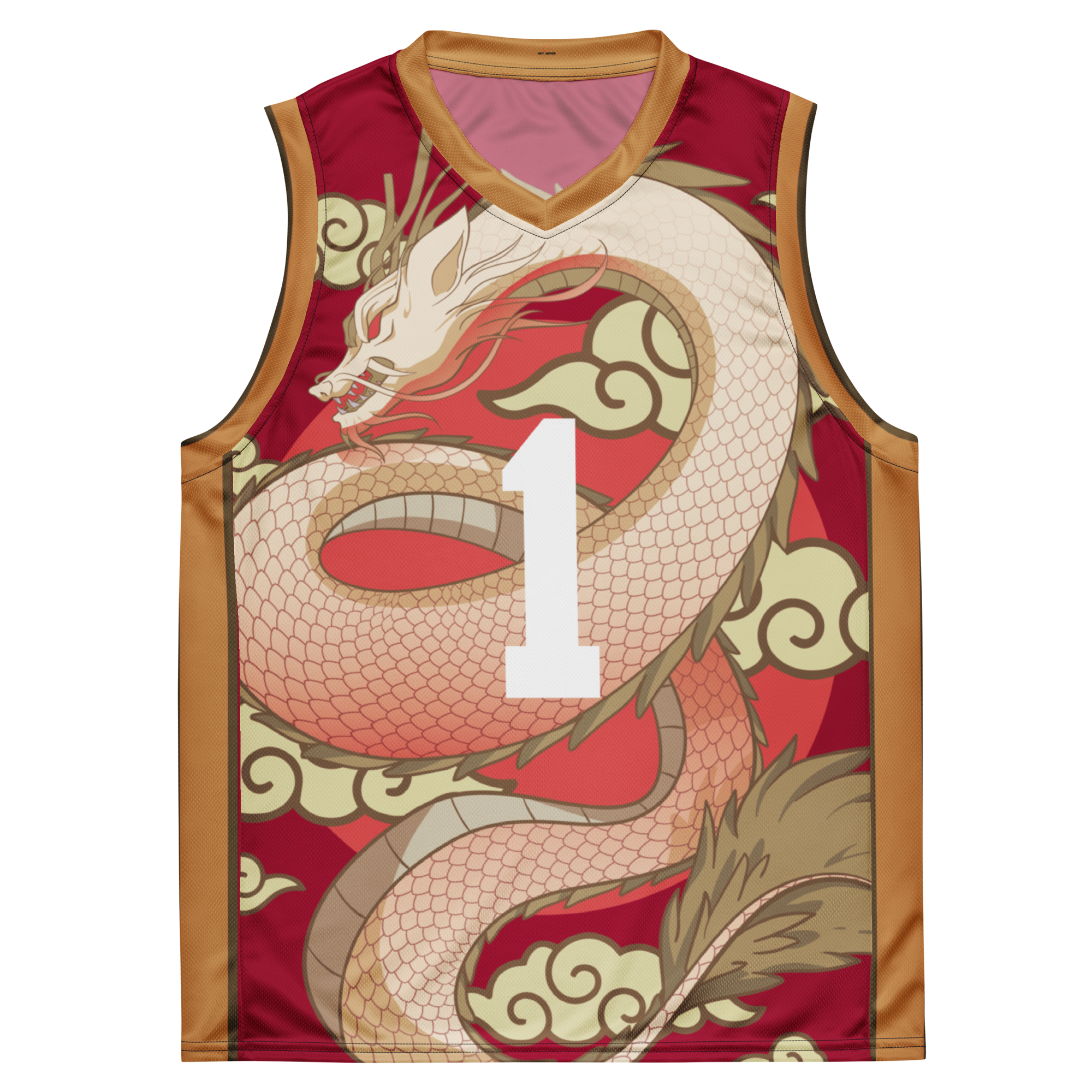
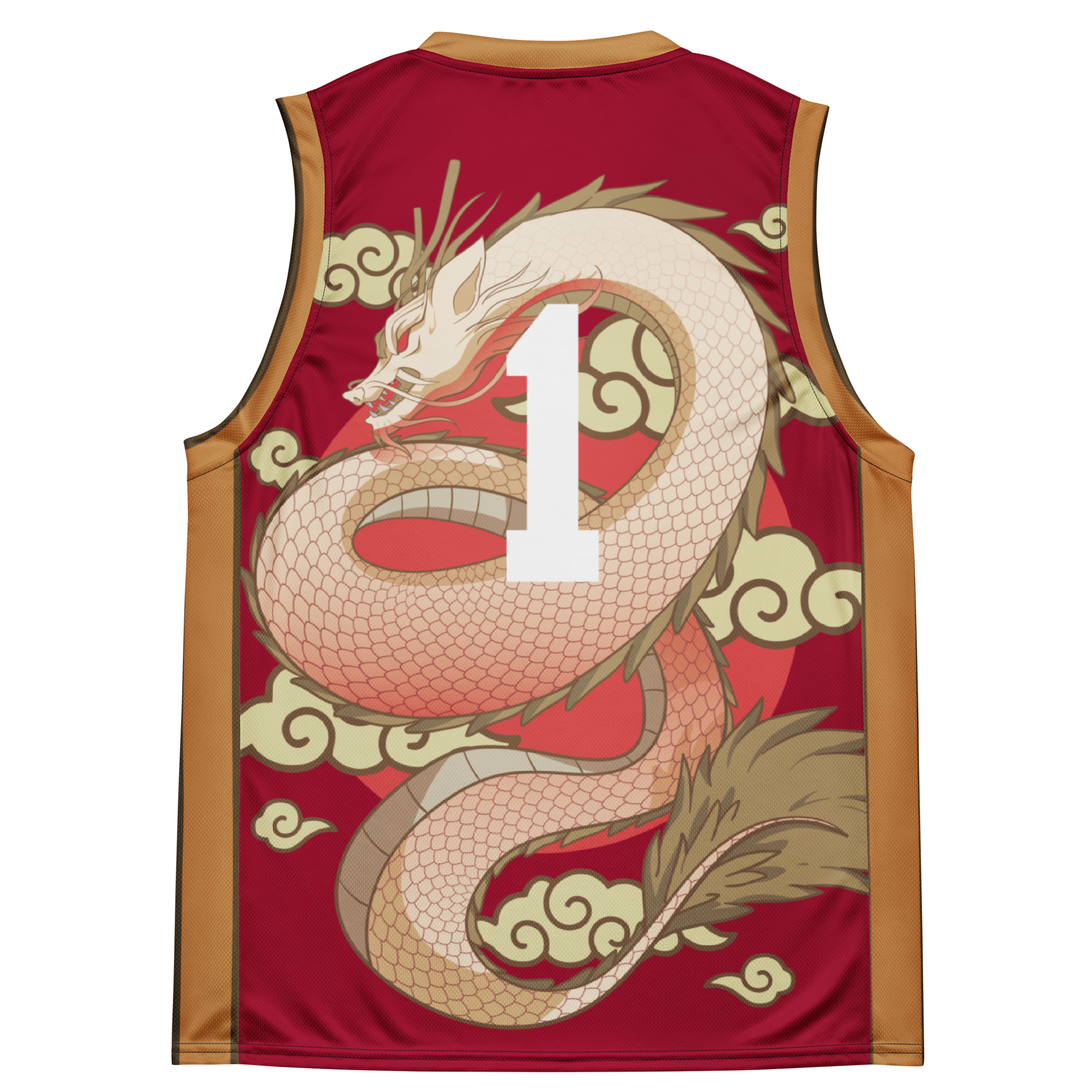







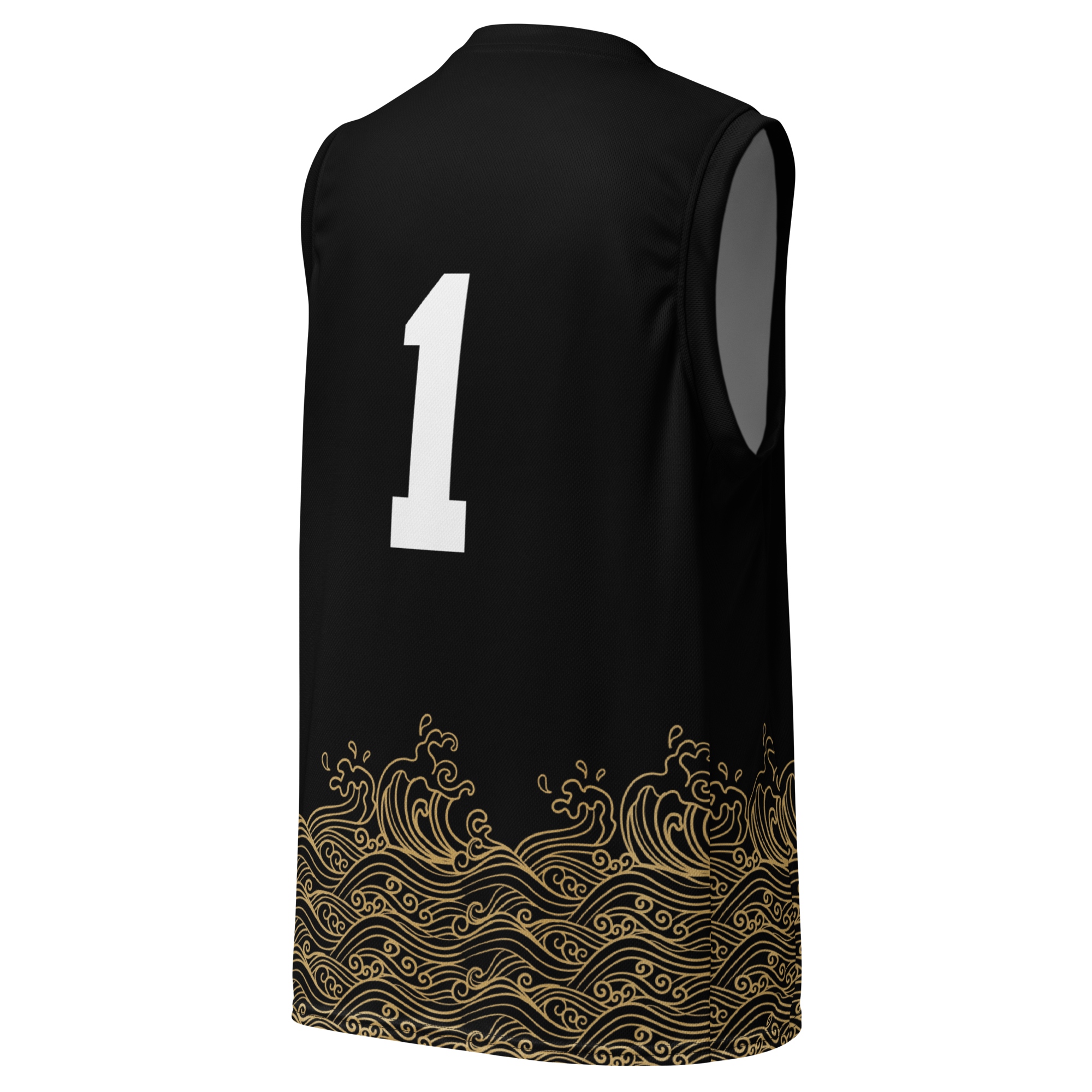


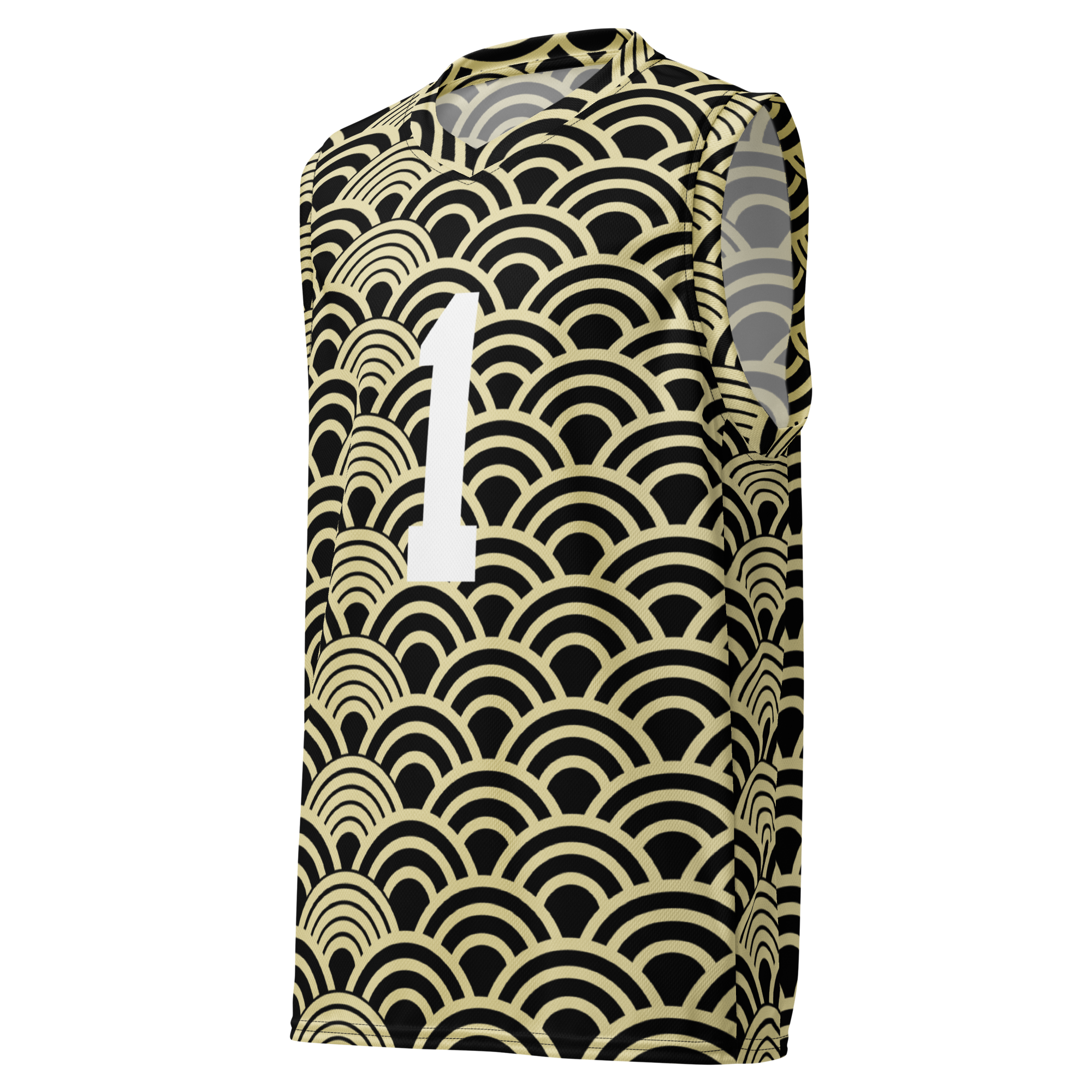
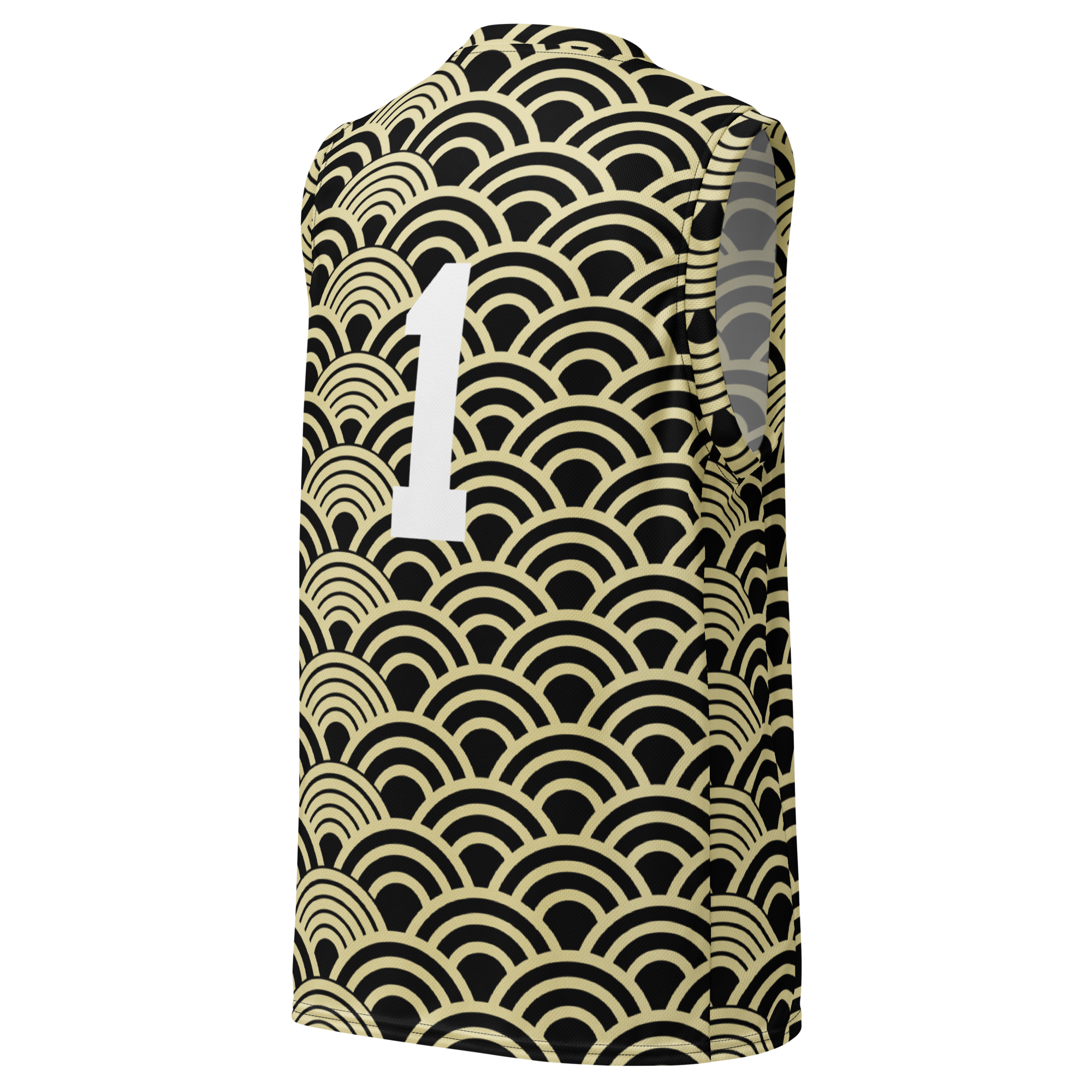
Dejar un comentario